A leading fisherman says Brexit “delivered nothing” for the industry, as the UK marks three years since officially leaving the European Union.
Mike Park, the chief executive of the Fraserburgh-based Scottish White Fish Producers’ Association, said fishermen were the “poster boys” for Brexit in Scotland, and many spoke out in favour of leaving the EU.
Three years on he says most fishermen have now reassessed their attitude, saying it has left a number of “very negative legacies” for the industry and its workers.
‘A lot feel let down’
The UK voted to leave Europe in 2016 but only formally left on January 31, 2020.
Speaking on the third anniversary of Brexit, Mr Park – who has spoken previously of the opportunities of Brexit – said: “We were the poster boys, we wanted out.
“But a lot have now reassessed their enthusiasm for Brexit because it has delivered nothing.
“It has left some very negative legacies and hasn’t provided any of the positives we were promised.”
One of the big problems facing the industry is immigration.
Scotland relies heavily on workers from Eastern Europe who no longer come to work in the UK in the same numbers.
Another problem is fishing quotas.
Before Brexit, the EU would set how much of each species of fish each member country could take from the water in a year.
If one country fell short of its quotas, the deficit could be transferred to another country.
This is something the UK can no longer do because it is no longer part of the EU’s Common Fisheries Policy.
Mr Park said: “We struggled to get more quotas in year one and that caused a real problem for us.
“It is costing more and taking longer to get fish into the continent and there are a lot of paper trails required and red tape.
“There are still some hanging on to the ideological belief that we are better away.
“But a lot feel let down.”
‘Betrayal’ of Brexit for fishermen
Richard Thomson, SNP MP for Gordon, added the fishing industry has “faced a betrayal” by Brexit.
He said this is just one of a number of industries that have been “sacrificed” by the “Tories’ Brexit obsession”.
He said: “Not only are they now snowed under with red tape and paperwork but have lost access to the biggest single market in the world, seven times the size of the UK market.
“There is no escape from the Brexit chaos under Westminster control as the pro-Brexit Labour party will keep Scotland out of the EU, no matter the disastrous economic consequences.
“The only way Scotland’s world-class industries, including the fishing sector, can flourish again is in an independent Scotland with a seat at the table of the European Union.”
Brexit an ‘unmitigated disaster’
Mr Park is not alone in condemning the effects of Brexit.
In Scotland, 62% of people voted to remain and no Scottish area had a majority leave vote.
Surveys consistently show more than half of Scots support being in the EU.
Support for Leave has fallen as low as 25% in one poll.
A new poll from Ipsos shows 45% of people across the UK think Brexit is going worse than they expected.
The SNP’s Westminster leader Stephen Flynn said Brexit was based on “snake oil” promises.
Mr Flynn, MP for Aberdeen South, said: “The past three years show Brexit has been an unmitigated disaster for the UK economy, public services and the cost of living.
“It has cost billions, reduced trade, squeezed growth, hammered household incomes – and provided none of the so-called benefits that were promised.”
PM shares successes of Brexit
Despite the apparent low public support, Prime Minister Rishi Sunak talked up the opportunities of leaving the EU.
In a statement, Mr Sunak, who voted Leave in 2016, said: “In the three years since leaving the EU, we’ve made huge strides in harnessing the freedoms unlocked by Brexit to tackle generational challenges.
“Whether leading Europe’s fastest vaccine rollout, striking trade deals with over 70 countries or taking back control of our borders, we’ve forged a path as an independent nation with confidence.
“And in my first 100 days as prime minister, that momentum hasn’t slowed – we’re cutting red tape for businesses, levelling up through our freeports, and designing our own, fairer farming system to protect the British countryside.”
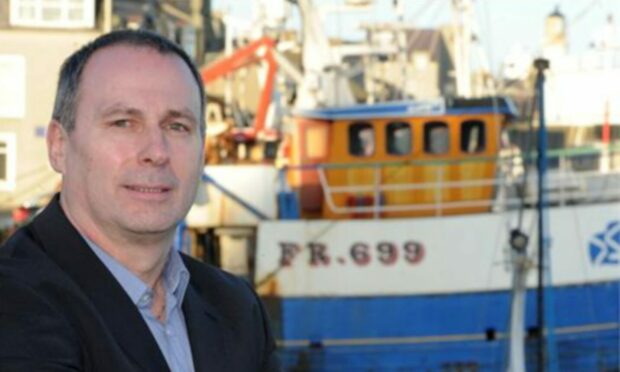
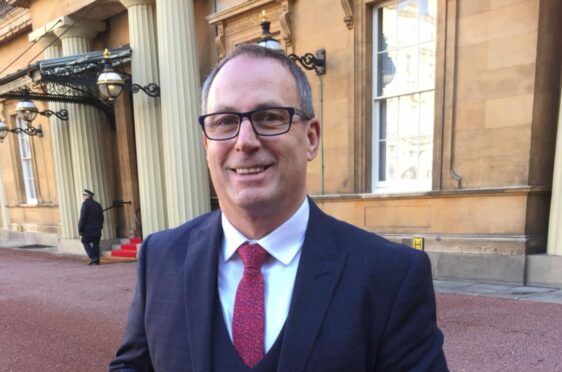
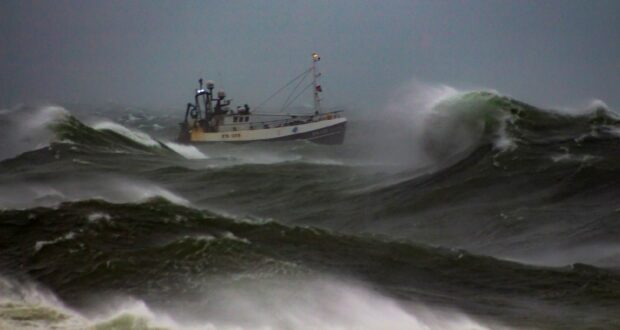
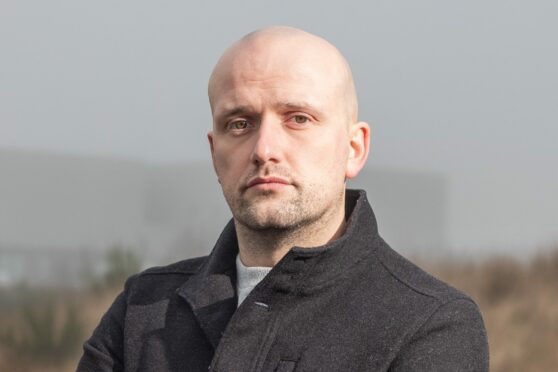
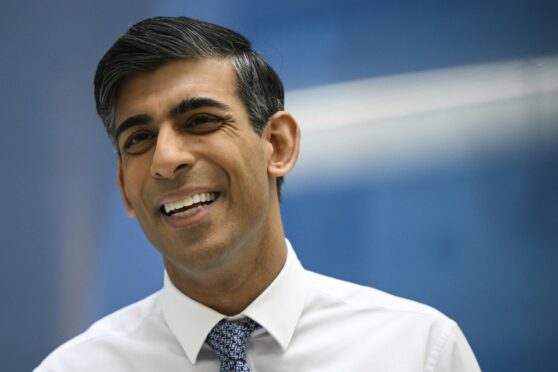
Conversation